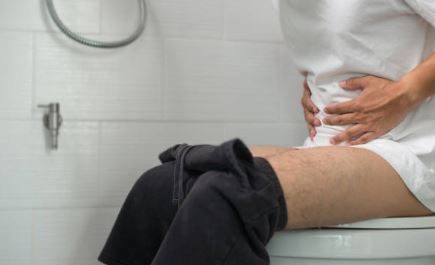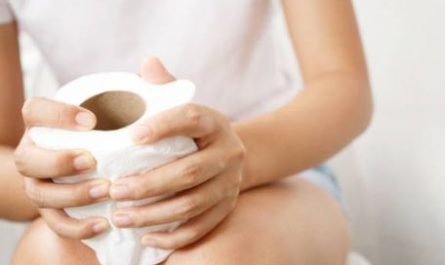While there are medications that can help to stop diarrhea, it is important to note that they should only be used under the guidance of a doctor or healthcare provider. In many cases, diarrhea can be treated effectively with home remedies and over-the-counter treatments, and it is important to stay hydrated and allow the body to recover naturally.
If you are experiencing diarrhea and are looking for ways to stop it quickly, some options may include:
- Over-the-counter medications: There are a variety of over-the-counter medications that can be used to treat diarrhea, such as loperamide (Imodium) or bismuth subsalicylate (Pepto-Bismol). However, it is important to use these medications as directed and only under the guidance of a doctor or pharmacist.
- Probiotics: Probiotics are live bacteria and yeasts that are beneficial to the digestive system. They can help to restore the natural balance of bacteria in the gut and may be effective in treating diarrhea. Probiotics can be found in supplement form or in foods like yogurt and kefir.
- Oral rehydration therapy: Diarrhea can cause dehydration, so it is important to stay hydrated by drinking plenty of fluids. Oral rehydration therapy solutions like Pedialyte can help to replace lost fluids and electrolytes and may help to speed up recovery.
- Dietary changes: Certain foods can aggravate diarrhea and make symptoms worse. Avoiding spicy or fatty foods, caffeine, and alcohol may help to alleviate symptoms and promote healing.
Again, it is important to seek the advice of a healthcare professional before taking any medication to stop diarrhea quickly. In many cases, allowing the body to rest and recover naturally is the best course of action.
How To prevent Diarrhea for Children
Preventing diarrhea in children involves taking steps to reduce their risk of contracting a viral or bacterial infection that can lead to the condition. Here are some tips for preventing diarrhea in children:
- Practice good hand hygiene: Encourage your child to wash their hands regularly with soap and warm water, especially before eating and after using the bathroom. This can help to prevent the spread of germs that can cause diarrhea.
- Make sure food and water are safe: When traveling, make sure that your child only drinks bottled water or water that has been boiled or treated with chlorine tablets. Make sure that food is cooked thoroughly and is served hot.
- Practice good food hygiene: Make sure that food is stored properly and that surfaces and utensils are cleaned thoroughly before use. Avoid serving raw or undercooked meats, poultry, and eggs.
- Get vaccinated: Make sure that your child receives recommended vaccinations, such as the rotavirus vaccine, which can help to prevent some types of diarrhea.
- Avoid contact with infected individuals: If someone in your household has diarrhea, make sure to avoid contact with their feces and wash your hands thoroughly after cleaning up.
- Encourage breastfeeding: Breastfeeding can help to protect infants from infections that can cause diarrhea.
- Keep a clean environment: Keep your home clean and hygienic, especially areas where food is prepared and eaten. This can help to prevent the spread of germs that can cause diarrhea.
By taking these steps, you can help to reduce your child’s risk of developing diarrhea. If your child does develop diarrhea, it is important to seek medical advice, especially if the diarrhea lasts for more than a few days or is accompanied by other symptoms like fever, dehydration, or bloody stools.




